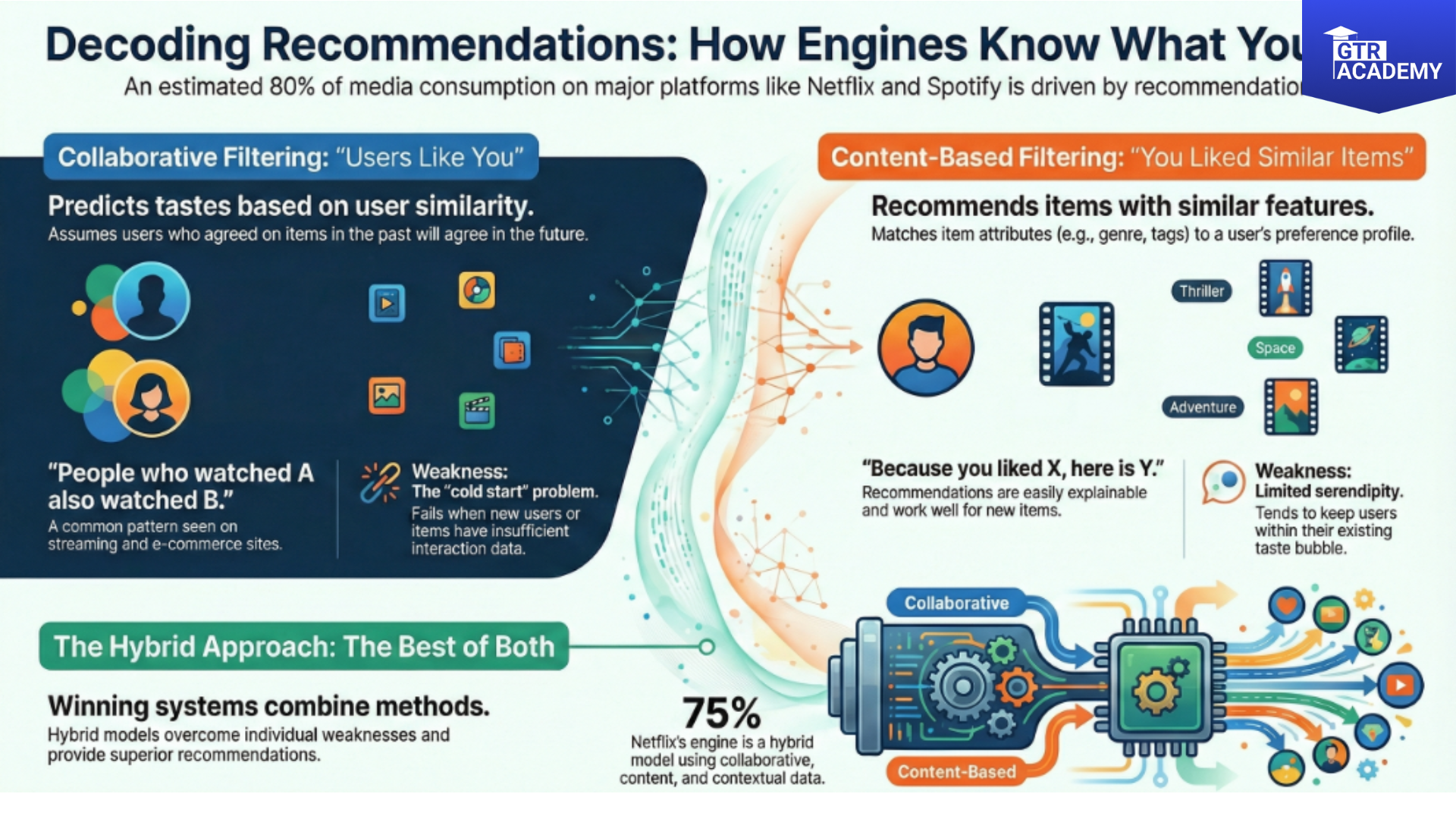Transportation Management: A Critical Driver of Supply Chain Excellence
Optimizing Logistics for Efficiency, Sustainability, and Resilience
In today’s fast-paced and interconnected supply chains, Transportation Management (TM) plays a pivotal role in ensuring operational efficiency, cost control, and customer satisfaction. The growing complexity of global trade, rising e-commerce demands, and the push for leaner operations have made TM an indispensable function for modern businesses.
This article explores the key functions, technological advancements, challenges, and future trends shaping transportation management, highlighting its strategic importance in supply chain success.
The Core Functions of Transportation Management
Transportation management encompasses the planning, execution, and optimization of goods movement across various modes—road, rail, sea, and air. Key responsibilities include:
- Mode Selection – Choosing the most cost-effective and efficient shipping method based on product type, delivery timelines, and budget.
- Route Optimization – Leveraging data analytics to minimize transit times and reduce freight costs.
- Freight Consolidation – Combining shipments to maximize load efficiency and lower expenses.
- Carrier Management – Building strong relationships with logistics providers to ensure reliability and cost efficiency.
By streamlining these processes, companies can enhance service levels, reduce delays, and improve customer satisfaction.
The Role of Transportation Management Systems (TMS)
A Transportation Management System (TMS) is a software platform that automates and optimizes logistics operations. Modern TMS solutions offer:
- Real-Time Shipment Tracking – Visibility into freight movement for proactive issue resolution.
- Automated Load Planning – AI-driven recommendations for optimal cargo loading.
- Freight Audit & Payment – Streamlined invoicing and cost verification.
- Analytics & Reporting – Data-driven insights for continuous improvement.
Cloud-based TMS platforms are gaining traction due to their scalability, flexibility, and ease of integration with other supply chain systems.
Navigating Global Supply Chain Challenges
As businesses expand internationally, TM must address:
- Regulatory Compliance
- Navigating customs regulations, tariffs, and trade policies.
- Ensuring proper documentation for cross-border shipments.
- Risk Management
- Mitigating delays caused by geopolitical disruptions, port congestion, or labor shortages.
- Implementing contingency plans for supply chain resilience.
- Sustainability in Transportation
The logistics sector is a major contributor to carbon emissions, prompting companies to adopt eco-friendly strategies such as:
- Route Optimization – Reducing fuel consumption through smarter planning.
- Alternative Fuels – Transitioning to electric or hybrid fleets.
- Collaborative Shipping – Partnering with other firms to consolidate loads and cut emissions.
Sustainable TM not only benefits the environment but also lowers operational costs and enhances brand reputation.
Collaboration & Workforce Development in TM
- Collaborative Transportation Management (CTM)
- Shared Logistics Networks – Companies pool resources to optimize freight capacity.
- Data Sharing – Enhanced coordination between shippers, carriers, and 3PLs.
- Upskilling the Workforce
With increasing automation, TM professionals must develop skills in:
- AI & Data Analytics – Leveraging predictive insights for smarter decision-making.
- Digital Tools – Mastering TMS platforms and IoT-enabled tracking systems.
Lessons from the Pandemic & Future Trends
The COVID-19 crisis highlighted the importance of resilient TM strategies, with companies that had advanced TMS capabilities adapting faster to disruptions.
Looking ahead, emerging technologies will shape the future of TM:
- AI & Machine Learning – Predictive demand forecasting and dynamic routing.
- Blockchain – Secure, transparent freight documentation.
- Autonomous Vehicles & Drones – Revolutionizing last-mile delivery.
Conclusion: TM as a Strategic Competitive Advantage
Transportation Management is no longer just a logistical function—it is a strategic differentiator that drives efficiency, sustainability, and customer satisfaction. By investing in advanced TMS solutions, sustainable practices, and workforce development, businesses can build agile, future-ready supply chains.







